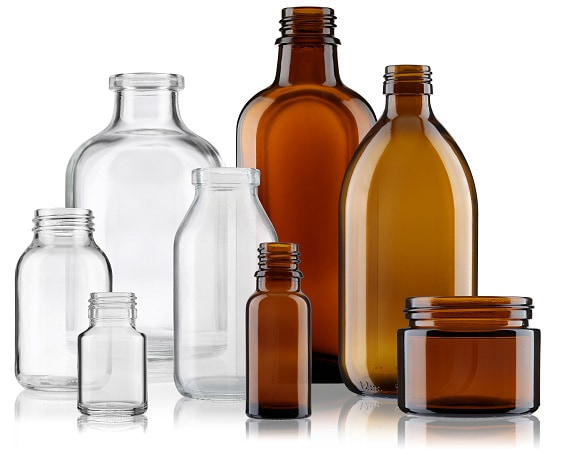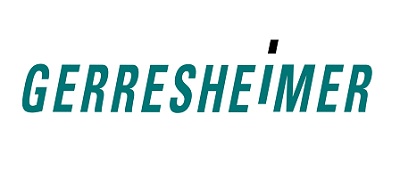Gerresheimer in Essen produces many millions of glass containers for the pharmaceutical industry every year. The long-established company has recently completed the routine renovation of its clear-glass furnace. Despite being more powerful, its improved technology means it uses less energy and is therefore significantly more sustainable than its predecessor.
This high-performance furnace means that new capacity is available with immediate effect to satisfy the high demand for the production of injection and infusion bottles from type II glass for parenteral solutions. At the same time, the renovation was used as an opportunity to fundamentally modernize the plant in all areas. New furnace technology, the further enlargement of the clean room as well as the automization of the testing and packaging systems safeguards the company’s leading position.
“We want to make production more environmentally friendly while remaining an efficient partner for our customers,” says Dr. Jürgen Unruh, CEO of Gerresheimer Essen GmbH, adding that the investment will also help to secure the approximately 400 jobs at the plant.
Modern and sustainable production – fewer nitrogen oxides
Enlargements will be made to the production hall and the clean room and the testing and packaging technology will be further automated and brought up to date with the latest technology. By using state-of-the-art technologies, the energy efficiency of the new white glass tank can be improved while at the same time reducing specific CO2 emissions. An essential contribution to the optimization of sustainability. Gerresheimer is using the renovation as an opportunity to fundamentally modernize the plant. This includes, for example, installing a candle filter that drastically and sustainably reduces nitrogen oxide (NOx) content. The new construction will also significantly improve the noise protection for the plant’s neighbors.

Center of Excellence for parenteral solutions using type II glass
Gerresheimer has the broadest product range available on the market. As the Center of Excellence for the production of type II glass, the company’s plant in Essen will in future also be able to offer parenteral solutions which meet the high expectations and demands of its customers. In doing this, Gerresheimer can fall back on a variety of hardening and tempering methods which allow the smallest bottles for injections as well as typical infusion bottles with larger volumes to be produced. Guaranteeing glass quality and hydrolytic resistance in line with type II glass is the top priority here.
A progressive plant with tradition
Gerresheimer Essen produces special bottles for the pharmaceutical, cosmetics, and food industry. Its precursor was Glashütte Wisthoff, which was based in the valley of Ruhr in Essen’s Horst district since 1971, emerging from the Königlich privilegierte Glasmanufaktur founded in 1723. Now part of the Gerresheimer Group, it is probably the oldest industrial company in today’s city of Essen. In four years, i.e. 2023, the company will therefore be able to look back on a 300-year history, making it the oldest industrial company in Essen that is still in operation.
Global production of moulded glass
The Gerresheimer Group has production sites for moulded glass in Europe, the Americas, and Asia. Three of these are German sites based in Essen, Lohr, and Tettau. In addition to the injection and infusion bottles for parenteral applications, Gerresheimer also produces syrup bottles, shaped bottles, dropper bottles, tablet bottles, wide-mouth jars and other types of jar for consumers in the healthcare industry. The cataloged product range currently includes several hundred standard shapes, plus many custom designs.





















